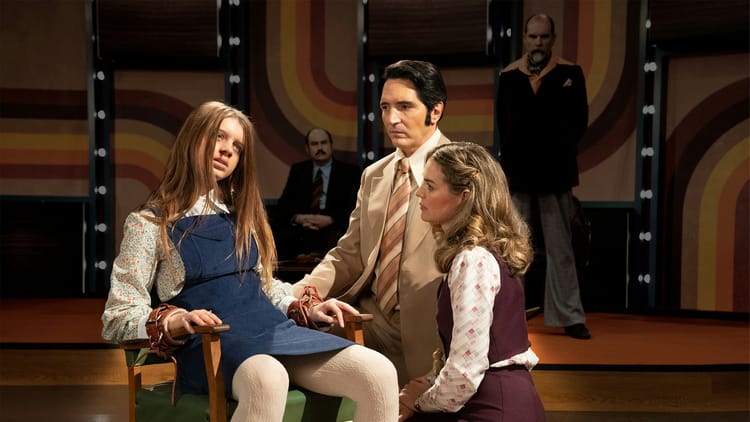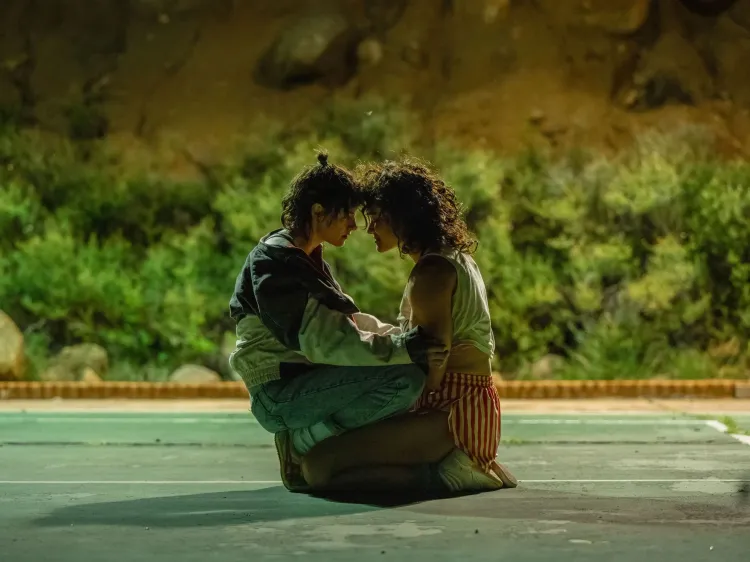Spencer and the Biopic
I don't like biopics. I find them dreary, indulgent, tiresome, uninspired. Movies like Darkest Hour, Lincoln, The Imitation Game all send me straight to sleep.
But what is a biopic? It's defined as "a film dramatizing the life of a particular person, typically a public or historical figure". That applies to 127 Hours, BlacKkKlansman, The Wolf of Wall Street, Goodfellas, The Social Network, Tick Tick Boom, Judas and the Black Messiah. I wasn't bored by any of these movies. In fact, some of these are my favourites.
So are biopics only biopics if they're boring?
I would say the boring biopics, more than being boring, are lazy. They rest on their laurels, leaning on two things to make their movie "important": firstly, the perceived importance of true events, and secondly, the excitement of watching an actor "acting".
The worst biopics for me are entirely vehicles for an actor's performance, their best chance at securing a Best Actor nomination, while a lazy reenactment (dramatization if we're being charitable) of true events occurs around them. Biopics at their worst are glorified LARPing, except you can have fun LARP-ing without living in a dead bison carcass, getting nicotine poisoning, developing a chronic stutter, or getting pancreatitis.
So when I think of a biopic, I think lazy, formally uninventive and designed to deliver an award-winning performance, rather than tell a compelling story.
Knowing my bias, I was intending on skipping Spencer. I have avoided most traditional biopics of the last few years, with Ava Duvernay's Selma as one of the only exceptions. I loved Selma. It was a sharp, emotional film that focuses on a moment instead of a man, that doesn't let truth-telling hamper its story.
So considering the pleasant surprise of Selma, I decided to challenge my prejudice again.
Spencer is a relatively straightforward story, depicting three days of Diana's life, Christmas Eve to Boxing Day, stuck in the stuffy, uptight, militant Sandringham Estate, with a royal family that hates her and two sons who miss her. Nothing about this on paper should have really worked for me.
I don't like biopics, I don't care much for English royalty, and I was three years old when Diana Spencer passed. And still, I was profoundly moved by this film.
Pablo Larraín has constructed an incredible film, beautifully told, without falling into any of the pitfalls of the biopic. We don't get stuck in the perceived importance of Lady Diana. Who she was to us, as an audience, as a public who didn't know her, is not important. What matters is who she sees herself as, and what the people around her want her to be. The film is driven by these two opposites continually colliding with one another.
Kristen Stewart's Diana is like a rope pulled between two points; when it is slack, she is delightful, pleasant, at ease, when it is taut, her anxiety reaches out through the screen. So much of this is enhanced by her chemistry, or lack thereof, with the other performers. Any scene Stewart shares with Sally Hawkins or Sean Harris feel like soothing balms next to the nails on the chalkboard of Diana and Timothy Spall's Major Gregory. Spencer lives in two worlds, one playing games after midnight with her two boys, and the other in the billiards room with her cold and unloving husband.
But duelling performances don't make a whole movie. What makes Spencer truly special is the ways Larraín forces the two worlds to collide visually, cinematically. We are propelled between reality, nightmare, fantasy, as Diana's grip on her surroundings shifts with her emotional state. And as the barriers begin to break, the dreams culminate in one of the most compelling sequences I saw all year, imagined or otherwise. Even without being attached to the details of Lady Diana's story, I was moved by the possibility that montage allowed, the hope and promise she had just for a moment, though we know it never manifested in reality.
Larraín is unconcerned with the historical facts of Diana's life, and instead gives us the emotional truth. The film doesn't assume that we care about Lady Diana because she is Lady Diana. It does the work to give us her subjective experience, making her both a sympathetic and frustrating character. It doesn't rely on what happened to Lady Diana to make the movie compelling. And neither does it rely on Kristen Stewart to carry the film, who does do a tremendous job, without simply doing an impression of one of modern history's most famous women.
Larraín's Spencer stands on its own feet. It's imaginative, it's conceptual, it's never lazy, it's deeply emotional, and it's breaking my rule on biopics.




